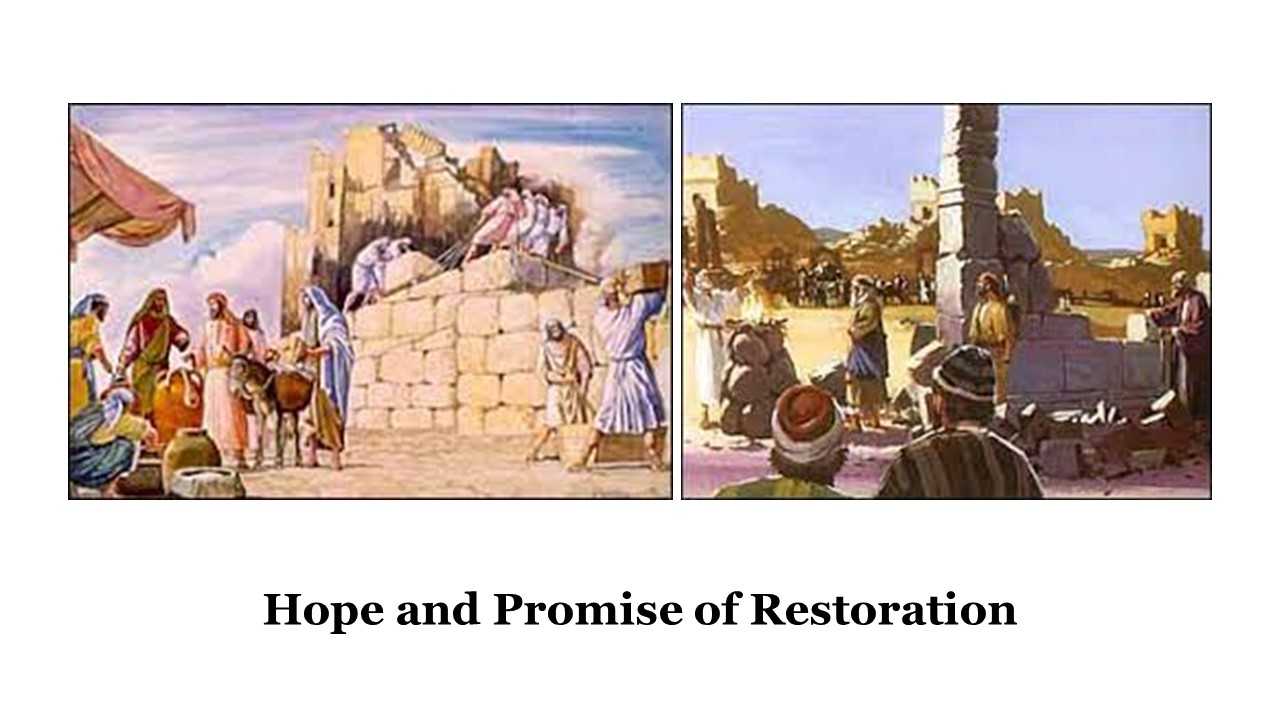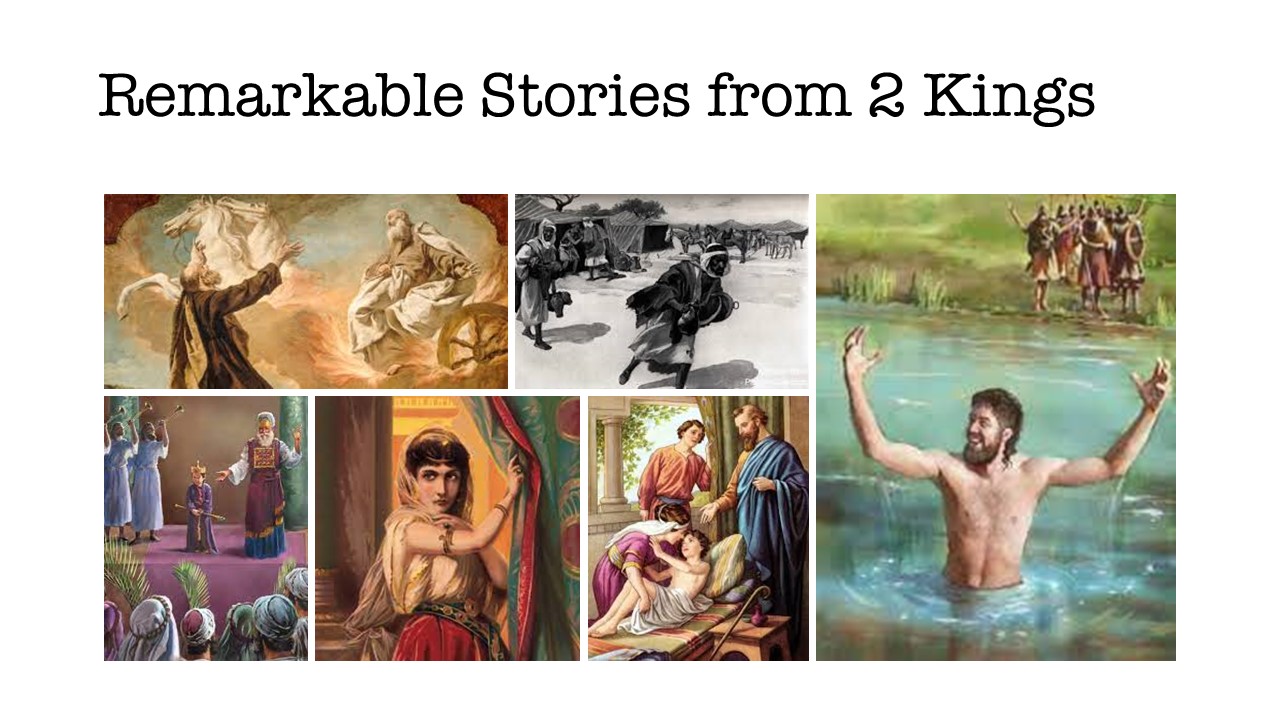In Part 11 of The Disciple Whom Jesus Loves, Elder John recounts the tension and awe of the Feast of Tabernacles, where Jesus entered Jerusalem quietly amid rising threats against His life. As crowds gathered for the water-drawing ceremony and joyful celebration, Jesus appeared publicly and began teaching in the temple. Despite mounting opposition, He boldly declared that His authority came from God and invited the people to receive the “rivers of living water” that flow from belief in Him. In the stirring musical number “Rivers of Living Water,” Jesus revealed Himself as the true source of eternal life, offering what the rituals of the feast could only symbolically portray. His words stirred debate—some saw Him as the Messiah, while others, especially religious leaders, viewed Him as a threat.
The episode crescendos with the dramatic encounter involving a woman caught in adultery. Religious leaders bring her to Jesus, trying to trap Him between Mosaic Law and His reputation for mercy. Instead of answering immediately, Jesus writes in the sand, then invites any without sin to cast the first stone. In the powerful ballad “Written in the Sand,” He exposes the hypocrisy of the accusers, who slowly retreat in silence. Alone with the woman, Jesus offers neither condemnation nor license, but mercy and a call to transformation. His response embodies the heart of His mission: to fulfill the Law through love and to rescue rather than destroy. John and the other disciples watch in amazement as Jesus, with unmatched authority and compassion, diffuses the mob and restores dignity to the woman.
As the episode closes, the pressure intensifies. Religious leaders again attempt to seize Jesus, but He speaks of returning to the One who sent Him, leaving them confused and frustrated. Elder John reflects on how this moment forever shaped his understanding of Jesus’ kingdom—one not rooted in legalism or fear, but in justice intertwined with mercy. The Law, he realizes, was never meant to crush the broken but to point them toward the One who could make them whole. The words Jesus wrote may have vanished from the dust of the temple floor, but their meaning was indelibly etched onto John’s soul—and into the unfolding story of grace.

Today we step back for a moment and consider how the entire New Testament affirms what Jesus says in John 10:10, “I am come...

The book of Ezra narrates the events of the Jewish people's return to Jerusalem from Babylonian exile under the decree of King Cyrus of...

2 Kings is full of remarkable stories. In this episode, we highlight ten of them, including stories about Elijah and Elisha, a Queen Slayer,...